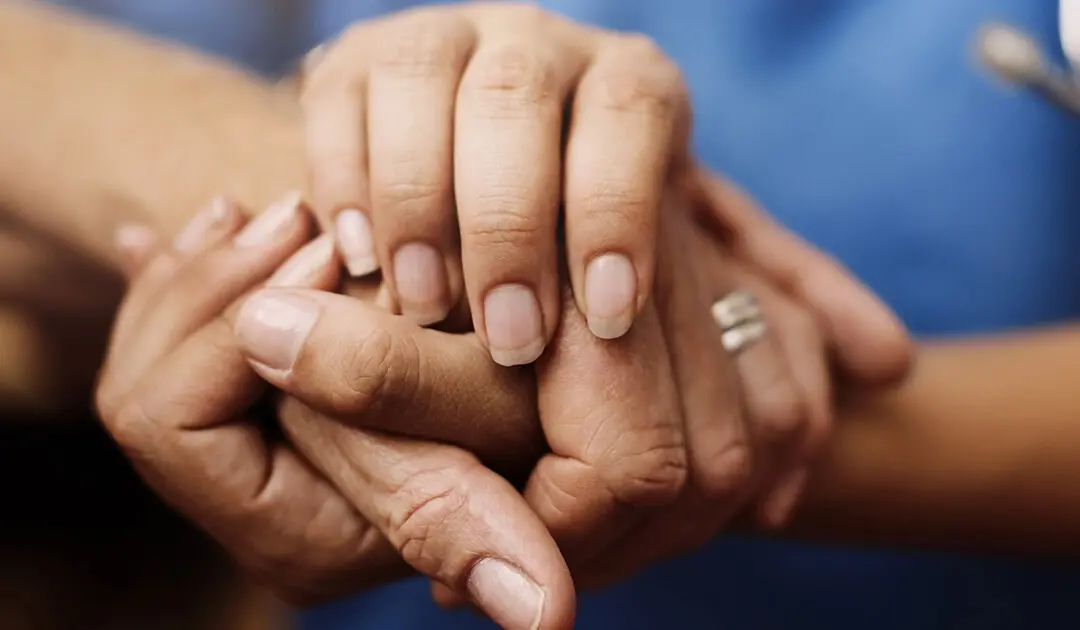Does CPI Training Work?

I’m always surprised when someone approaches me and says, “Your program doesn’t work with violent people.”
First, I’m confused. I think, “What do you mean by ‘doesn’t work’?”
Do you mean that you can’t recognize signs of anxiety and offer support to someone? Do you mean that you can’t recognize when someone is beginning to lose rational thought and control and that you’re unable to offer choices for the person or provide direction to them? Or do you mean that sometimes people are so violent and aggressive in a crisis moment that physically restraining them is difficult? Maybe you mean that when someone has regained rationality you’re unable to re-establish a therapeutic rapport.
So at the ENA Leadership Conference, when I was approached with this comment, through the stumbling and bumbling responses I went.
I should point out that there were many positive conversations at the event. So many emergency departments are working very hard to improve practices to prevent workplace violence. So many are beginning to equip their teams with the necessary skills to recognize the early warning signs to calm situations quickly and effectively.
I think what the person meant was that it’s difficult to physically restrain someone who’s violent and aggressive. But my first response to “Your program doesn’t work with violent people” was “Well, it does.”
I’m sure you can guess what happened next.
Yep, boom, right into a power struggle:
No it doesn’t.
Yes it does.
No it doesn’t.
Yes it does.
OK, so maybe it was slightly more professional than that, but really, not much.
I didn’t mean to get into a power struggle (do we ever?), and then I quickly realized that we were in one nevertheless, and so I said, “Well, I’m sorry you feel that way. Our program is used successfully in a variety of settings, including some of the most volatile—like forensic psychiatry—with great success. But, our program might not be for everybody. You need to choose something you feel meets your needs.”
I get defensive in these situations even when I try not to.
My defensiveness comes from talking to all of you every day who are so successful at catching crisis moments early, working through those high-energy defensive moments, setting limits, and listening with great skill.
I get defensive because even in those moments when you aren’t successful with verbal intervention and you have to physically intervene, you do that safely, effectively, and efficiently.
I get defensive because of staff like my friend “Joe” (names have been changed to protect the innocent), who looked at our Global Professional Instructor on the first day of his Instructor Certification Program and said “This is a bunch of s#$*t”—and now he loves to go to work more than ever because he feels like he’s making a difference for the staff he’s training and the individuals his organization supports. And this is because he has tools to recognize the early warning signs, manage escalating behavior safely and effectively, and physically intervene if necessary in a way that does not involve pain, compliance, or coercion.
Joe works at a psychiatric facility for forensic patients, most of whom have been found not guilty by reason of mental disease or defect, or not criminally responsible for their behaviors. They are acutely sick and vulnerable with chronic and persistent mental illnesses—and yet Joe loves his job, even though he works with very violent individuals—because Nonviolent Crisis Intervention® training does in fact work.
So now you know my first button, what my initial reaction is, and how I respond once I remember to curb my defensiveness.
Can you guess what happened next when I was approached by someone who thought we need to “take the program up a notch”?
Stay tuned to find out more . . . [Update: Here's what happened]
And when it comes to “Does CPI training work?”, Joe and I are not the only ones who know it does.
In the words of corrections officer Rocky Tubbs, “It works.”
Teacher Bess Kuchenbecker says the same thing: “The program works.” In her charter school network, they’ve reduced challenging student behavior by 50–75% since implementing CPI de-escalation techniques.
You know what case manager Jerry Avington says? “It works.” With CPI training, staff in Jerry’s org feel more confident at handling disruptive client behavior, and they’ve reduced behaviors by over 50%.
At another organization, resource and crisis center Common Ground, facilities support assistant Mike Taglione was not convinced at first. “This training is no good,” he thought. “It’s never going to work. It’s never going to allow me to perform my duties in a real-life scenario.”
And then he implemented the tools and “they worked, and they worked great.”
As you can see, CPI is all about what works to help you and those in your care stay safe. Get a taste of what works by grabbing our free De-Escalation Tips below, and check out these quick links:
- Get resources for providing trauma-informed care.
- Enhance trauma-informed care by harnessing neuroplasticity.
Schedule a Consultation
Learn how CPI’s training programs can benefit your organization.
Let's Connect